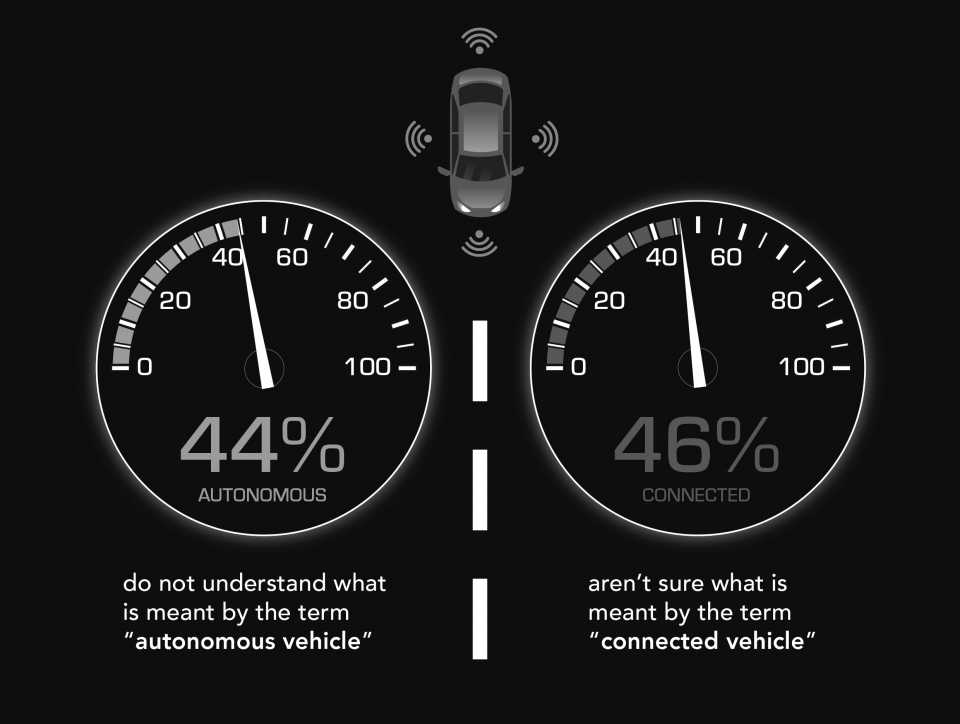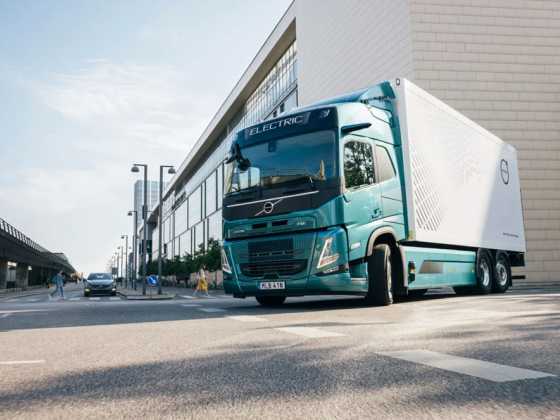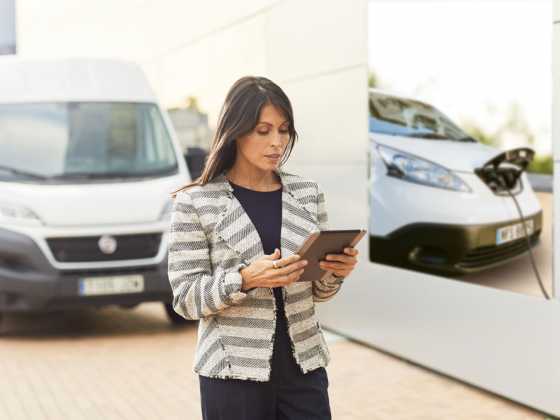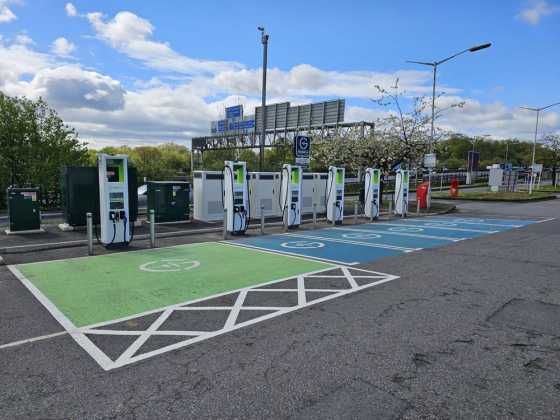‘Connected’ and ‘autonomous’ vehicle jargon not understood

A survey of 14,000 adults in 14 European countries has revealed that almost half do not understand the definitions of ‘Connected’ or ‘Autonomous’ vehicles.
The survey by Avis Budget Group asked respondents to select the correct definition of the term ‘Connected Car’. Just over half (54 per cent) correctly took the term to mean ‘a car connected to the Internet which could talk to other devices’, while 17 per cent were unsure or simply didn’t understand the term. One in ten (13 per cent) incorrectly understood it to mean a car connected to a power supply to charge its battery, while seven per cent believed it to be a car physically attached to another.
The term ‘Autonomous Vehicle’ also revealed a knowledge gap amongst consumers. While more than half (56 per cent) of those surveyed correctly identified the term to mean ‘a car which drives itself’, almost one in five (17 per cent) took it to mean a car driven by an ‘Artificial Intelligence Droid’, seven per cent believed it to be a car that must be parked in its own parking spot or away from traffic.
The lowest understanding of the term was found to be among the 18-23 (47 per cent) and 24-36 (51 per cent) age groups, compared to 67 per cent for those aged 66-plus, despite younger age groups being the most likely to prefer an autonomous car over the one they currently own. The highest propensity to choose an autonomous car was found among those aged 24-36 (49 per cent) and 18-23 (47 per cent) compared to just 26 per cent of the 66-plus age group.
Respondents in France had the highest understanding of the correct definition of a connected car (72 per cent), followed by Italy (71 per cent) and Portugal (68 per cent). By contrast, Norway recorded the lowest understanding at just 35 per cent, slightly behind Denmark (37 per cent) and the UK (37 per cent).
On the definition of an autonomous vehicle, Germany topped the awareness charts with 69 per cent, followed by Austria (68 per cent) and Switzerland (68 per cent). Interestingly, given their high awareness of connected cars, those in Italy recorded one of the lowest understanding of autonomous vehicles with just 46 per cent, slightly behind the Netherlands (48 per cent) and ahead of Norway (44 per cent).
Safety and responsibility were, perhaps inevitably, found to be key issues around autonomous vehicles. Six in ten respondents (60 per cent) said that they would not feel safe if all cars on the road were fully autonomous, while the vast majority think that in order to ride in a self-driving car, people should be sober (86 per cent), of legal driving age (87 per cent) and hold a standard driving license (87 per cent).
Importantly, 3 in 5 (60%) of Brits surveyed said they would prefer to drive their own car than use an autonomous vehicle.



